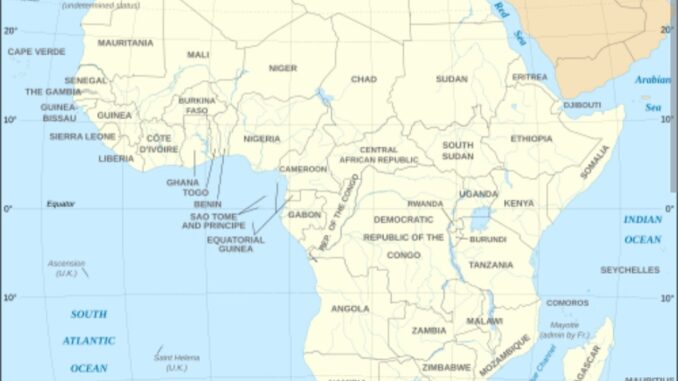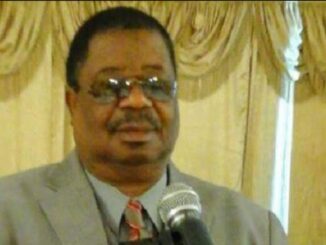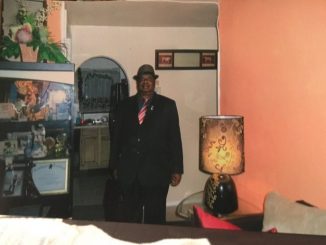
💥💥💥💥💥💥💥💥💥💥
*THE MISSING LINK IN AFRICAN POLITICS*
By Bashiru Vandy
What’s glaringly or conspicuously lacking in our politics and- to a wider extent- African politics , is *ideological intelligence*. All major regions of the world are powered by specific ideological doctrines that form the basis & direction of governance. For instance, the West is guided & empowered by *Capitalism* which enables the private sector to reign supreme; Russia’s *Soviet Concept* which prioritises military prowess over industrial productivity; China’s *Orientalism* which promotes industrial productivity in a state-controlled economy and *Theocracy* in Arabia that’s based on religious doctrines
The common virtue of above ideologies is the fact that they’ve been highly influential in enabling the above nations or regions to carve out unique, pertinent & sustainable developmental strategies.
*In the case of African nations, politics is not dictated by cogent ideological doctrines focused on solving the African problems of slavish dependence , poverty, technological backwardness & global oppression; it has rather been transfomed into a useless monotony of dancing , singing , corruption and the unsatiable acquisition & embezzlement of donor funds! Unless we replace this crop or calibre of politicians with figures who understand the awesome relevance of the ideological politics of self-dignity and freedom, Africa will not move an inch towards real sustainable development.
EDITOR’S NOTE
So correct, Mr. Bashiru Vandy . Much of our politics is no longer guided by ideology. Even if leaders mouth ideologies during political campaigns for power, it is often mere rhetoric. They are not guided by these ideologies once they gain power. Some do try but other negative dynamics hinder their efforts.
Julius Nyerere’s political ideology was a blend of African nationalism and African socialism, often referred to as Ujamaa. He envisioned a society based on communal living and self-reliance, promoting equality, cooperation, and democratic participation.
-
Nyerere’s ideology was rooted in the desire for self-determination and independence for African nations. He led the Tanganyika African National Union (TANU) in the struggle for Tanganyika’s independence.
Nyerere’s Ujamaa philosophy was a form of socialism tailored to the African context. It emphasized communal living, cooperative production, and social equality.
This concept, meaning “familyhood” in Swahili, formed the basis of his national development project. Ujamaa aimed to create a society where people worked together for the common good, rejecting individualism and capitalist exploitation. Nyerere’s ideal society was built on freedom, equality, and unity. He believed these principles would lead to cooperative production, peaceful communities, and democratic political participation.
Nyerere also stressed the importance of national self-reliance, encouraging Tanzania to build its own economy and society without excessive reliance on foreign aid or investment.
However, visionary leaders like Nkrumah and Nyerere began dying out and tribalism, ethnicism and regionalism soon took charge , leading to internal power struggles and conflicts along ethnic lines, that often led to military coups and army rule , with chaotic, directionless governance beginning to mark our political metamorphosis.
The citizenry too did not receive adequate political education to understand what true politics entailed beyond tribal, ethnic and regional hegemony .
A great topic to introduce in forums where participants exchange cogent and intricate ideas , instead of abusing or putting down one another.
Nice effort.
KABS KANU.





Leave a Reply